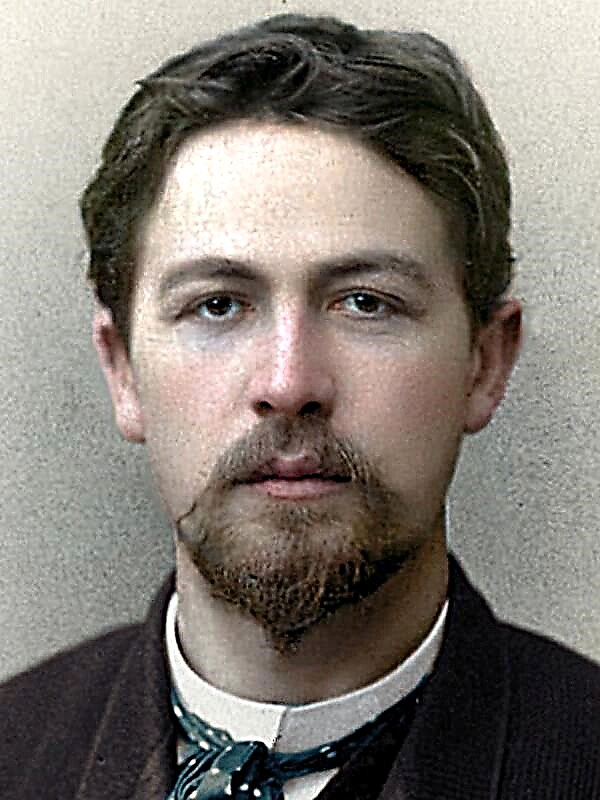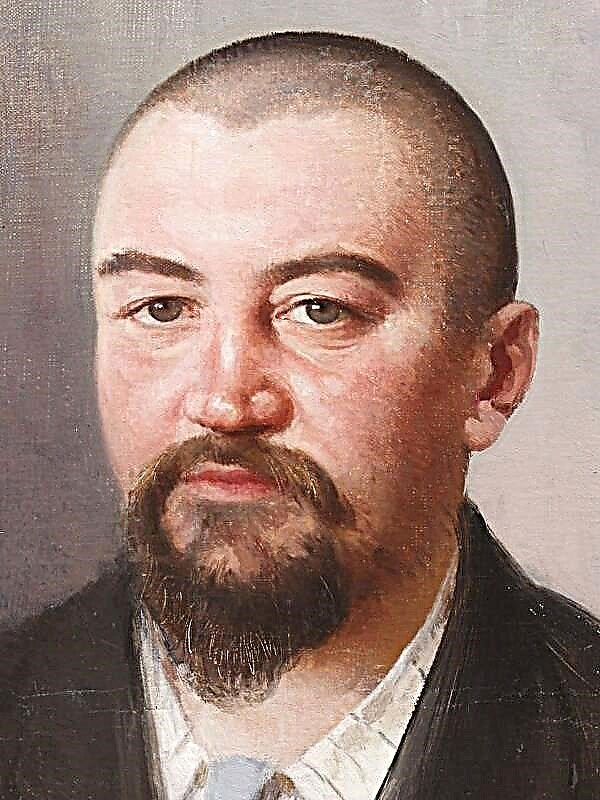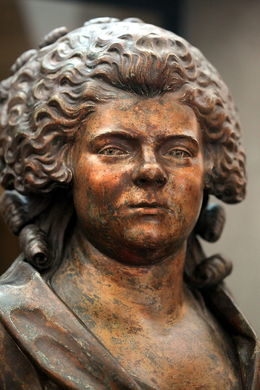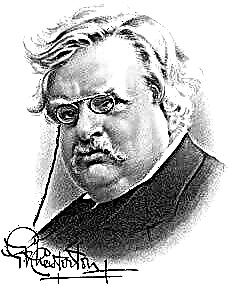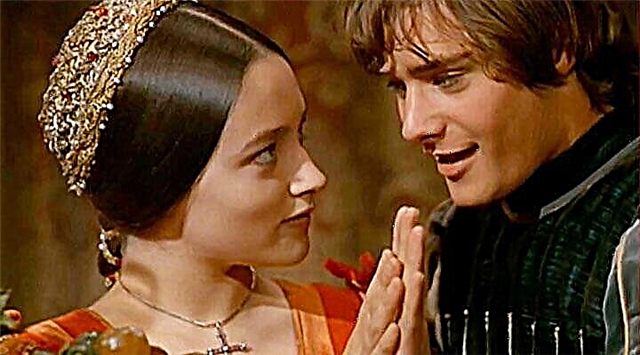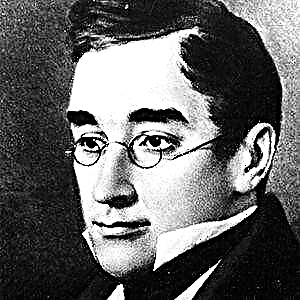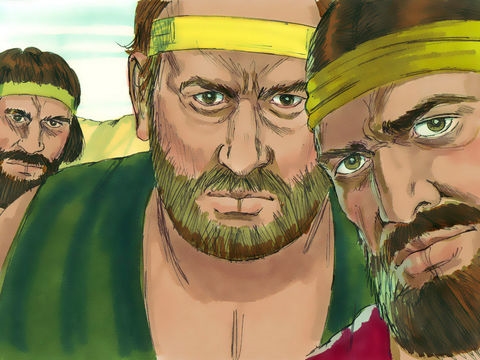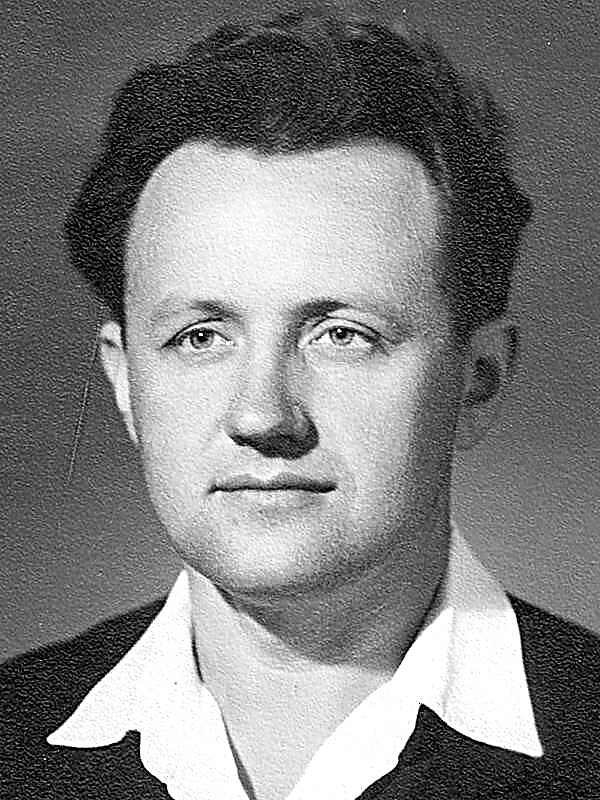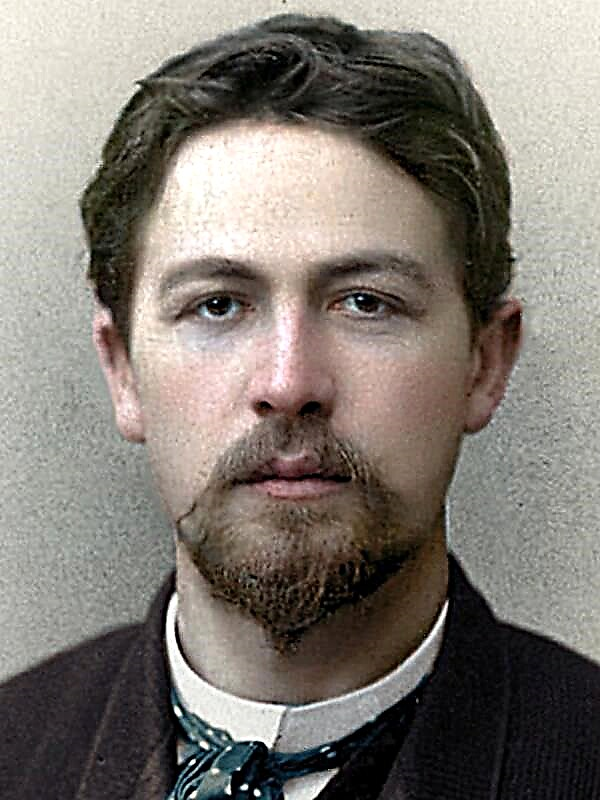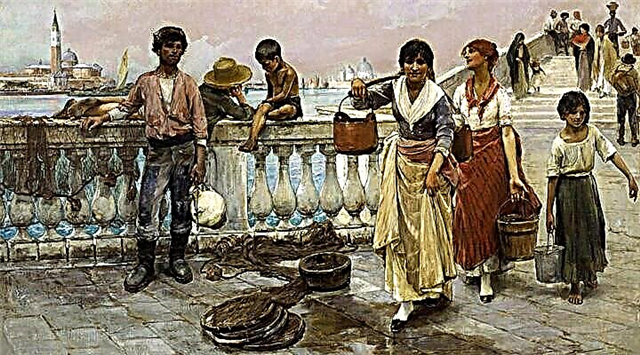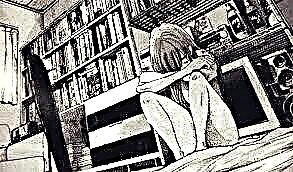Share
Pin
Tweet
Send
Share
Send
In this article, you are offered the problems found in the texts to prepare for the exam in the Russian language, and literary arguments to them. All of them are available for download in table format, link at the end of the page.
True and False Humanism
- True and false heroism is revealed to us on the pages novel L.N. Tolstoy "War and Peace". The people carry true love for the Motherland, they defend it with their breasts, die for it in the war, without receiving orders and ranks. A completely different picture in high society, which only pretends to be patriotic, if it is fashionable. So, Prince Vasily Kuragin went to the salon, glorifying Napoleon, and to the salon, opposing the emperor. Also, nobles willingly begin to love and glorify the fatherland, when it brings benefits. So, Boris Drubetskoy uses the war to advance his career. It was thanks to the people with its true patriotism that Russia freed itself from the French invaders. But his false manifestations nearly destroyed the country. As you know, the Russian emperor did not spare the troops and did not want to delay the decisive battle. The situation was saved by Kutuzov, who, by delay, plagued the French army and saved thousands of lives of ordinary people.
- Heroism is not only manifested in war. Sone Marmeladova, gThe heroine of the novel F.M. Dostoevsky's "Crime and Punishment", had to become a prostitute to help the family not die of hunger. A believing girl transgressed the commandments and went to sin for the sake of her stepmother and her children. If not for her and her dedication, they would not have survived. But Luzhin, shouting at every corner about his virtue and generosity, and exposing his undertakings as heroic (especially marrying a dweller Duna Raskolnikova), turns out to be a miserable egoist who is ready to go over his head for his own goals. The difference is that Sonya’s heroism saves people, and Luzhin’s falsity destroys them.
Heroism in the war
- A hero is not a man without fear, he is one who can overcome fear and go into battle for his goals and beliefs. Such a hero is described in the story of M.A. Sholokhov "The fate of man" in the image of Andrei Sokolov. This is a very ordinary person who lived like everyone else. But when the thunder struck, he became a real hero: he carried shells under fire, because it is impossible otherwise, because his own are in danger; suffered captivity and concentration camps without betraying anyone; endured the death of loved ones, reborn for the fate of the orphan Vanka chosen by him. Andrei’s heroism is that he put the salvation of the country as the main task of his life and for the sake of this he fought to the end.
- Sotnikovhero the story of the same name by V. Bykov, at the beginning of the work it seems not at all heroic. Moreover, it was he who became the cause of his captivity, and Rybak suffered with it. However, Sotnikov is trying to atone for his guilt, to take everything upon himself, to save a woman and an old man who accidentally fell under investigation. But the brave partisan Rybak is a coward and tries only to save his own skin, reporting on everyone. The traitor survives, but is forever covered in the blood of innocent sufferers. And in the awkward and unfortunate Sotnikov, a real hero opens up, worthy of respect and unquenchable historical memory. Thus, in war, heroism is especially important, because other lives depend on its manifestation.
Goal of heroism
- Rita Osyanina, heroine B. Vasiliev’s novel “Dawns Here Are Quiet”, lost her beloved husband in the early days of the war, remaining with her young son. But the young woman could not stay away from universal grief, she went to the front, hoping to avenge her husband and protect tens of thousands of children from the enemy. The real heroism was to go to an unequal battle with the Nazis. Rita, her separation friend Zhenya Komelkova and their boss, foreman Vaskov, opposed the Nazi squad and were preparing for a mortal battle, and the girls really died. But it’s impossible otherwise, behind the back is not just a trip, behind the Motherland. Thus, they sacrificed themselves, saving the fatherland.
- Ivan Kuzmich Mironov, the hero of the story A.S. Pushkin's "Captain's Daughter", showed heroic qualities in the defense of the Belogorodsky fortress. He remains steadfast and does not hesitate; he is supported by a duty of honor, a military oath. When the commandant was captured by the rebels, Ivan Kuzmich remained faithful to the oath and did not recognize Pugachev, although this threatened with death. Military duty forced Mironov to go on a feat, despite the fact that he had to pay for it with his life. He sacrificed himself to remain faithful to his beliefs.
Moral feat
- It is extremely difficult to remain human when it has passed through blood and bullets. Andrey Sokolov, hero story "The fate of man" M.A. Sholokhov, not only fought, but was captured, in a concentration camp, fled, and then lost his whole family. It was the family that was the guiding star for the hero, having lost it, he waved his hand at himself. However, after the war, Sokolov met the orphaned boy Vanka, whose fate the war also crippled, and the hero did not pass by, did not leave the state or other people taking care of the orphan, Andrey became the father for Vanka, giving himself and him a chance to gain a new meaning in life. The fact that he opened his heart to this boy is a moral achievement, which was no more easy for him than courage in battle or endurance in a camp.
- In the course of hostilities, it is sometimes forgotten that the enemy is also a man and, most likely, sent by war to your homeland by necessity. But it’s even worse when the war is civil, when the brother, friend and fellow villager may turn out to be the enemy. Grigory Melekhov, hero novel M.A. Sholokhov "Quiet Don", in the new conditions of confrontation between the power of the Bolsheviks and the power of the Cossack chieftains constantly hesitated. Justice called him to the side of the first, and he fought for the Reds. But in one battle the hero saw the inhumane shooting of prisoners, unarmed people. This senseless cruelty turned the hero away from his past views. Finally confused between the parties, he surrenders to the winner, just to see the children. He realized that the family was more important for him than his own life, more important than principles and views, for her it’s worth taking the risk, giving up, so that the children at least see their father, forever lost in battle.
Heroism in love
- The manifestation of heroism is possible not only on the battlefield, sometimes no less than it is required in ordinary life. Yolk, the hero the story of A.I. Kuprina "Garnet Bracelet", made a real feat of love, laying life on its altar. Only once he saw Faith, he lived only by her. When the husband and brother of the beloved forbade Zheltkova even writing to her, he could not live and committed suicide. But even death, he accepted with the words to Faith: "Let your name shine." He committed this act in order for the beloved to find peace. This is a real feat for the sake of love.
- Mother's heroism is reflected in the story L. Ulitskaya “The daughter of Bukhara”. Ala, the main character, gave birth to a daughter, Darling with Down syndrome. The woman devoted her whole life to raising her daughter with a rare diagnosis then. Her husband left her, had to not only take care of her daughter, but also to work as a nurse. And later, the mother became ill, was not treated, but arranged better for Milochka: work in a workshop for gluing envelopes, marriage, education in a special school. Having done everything that could be done, Ala left to die. Heroism of the mother is everyday, imperceptible, but no less important.
Share
Pin
Tweet
Send
Share
Send

